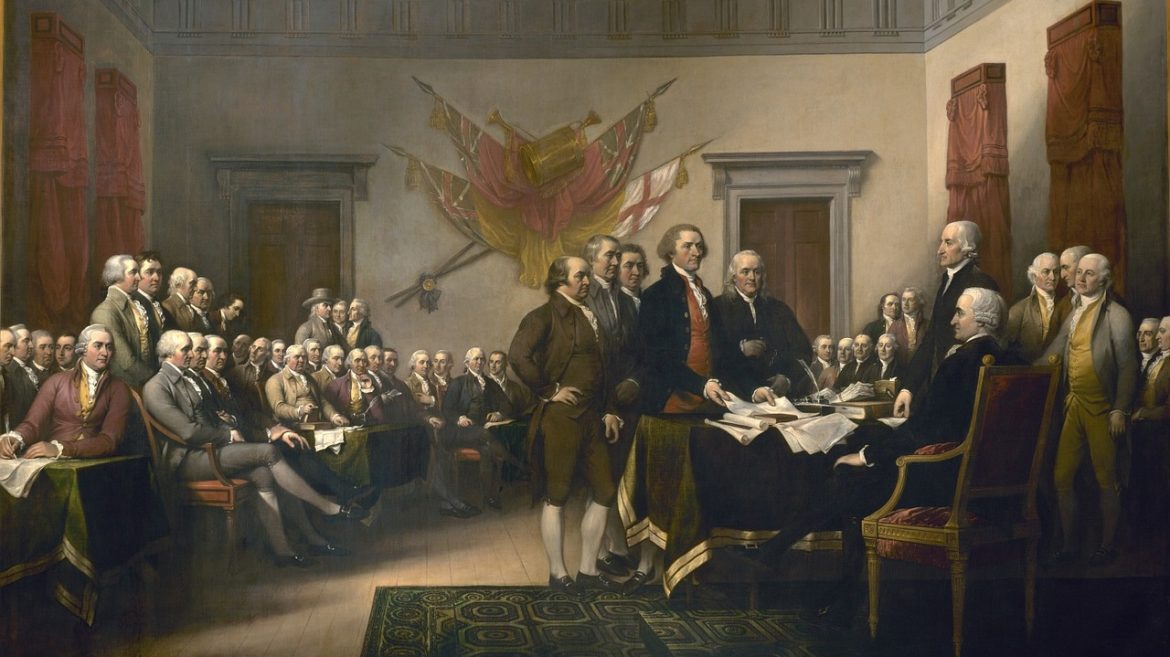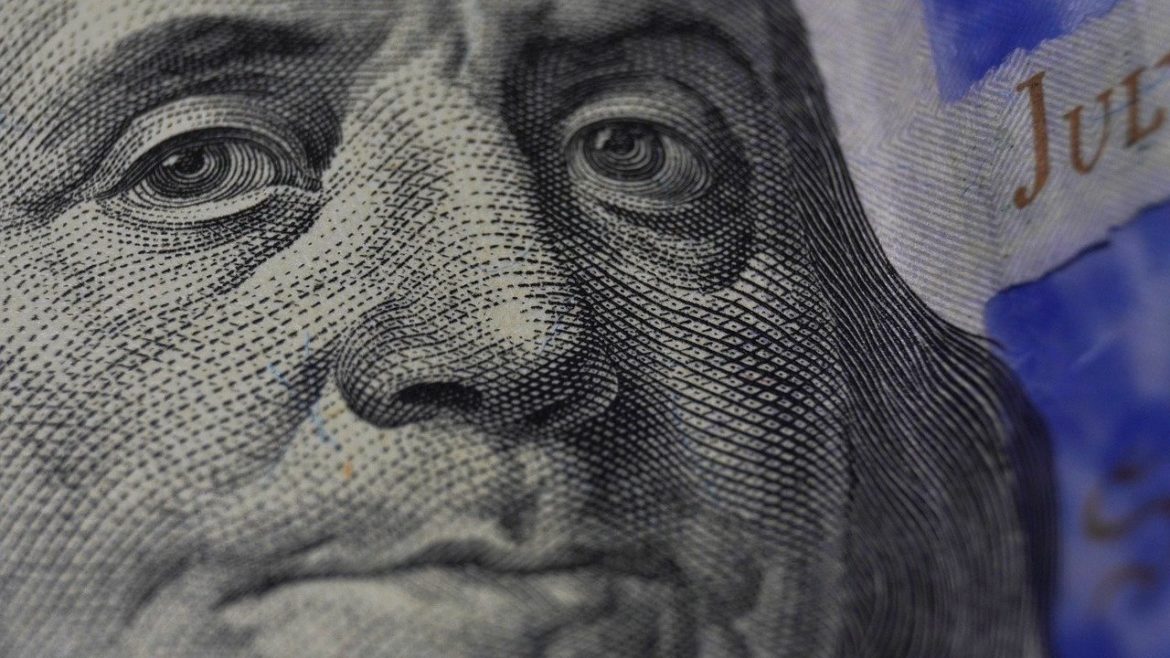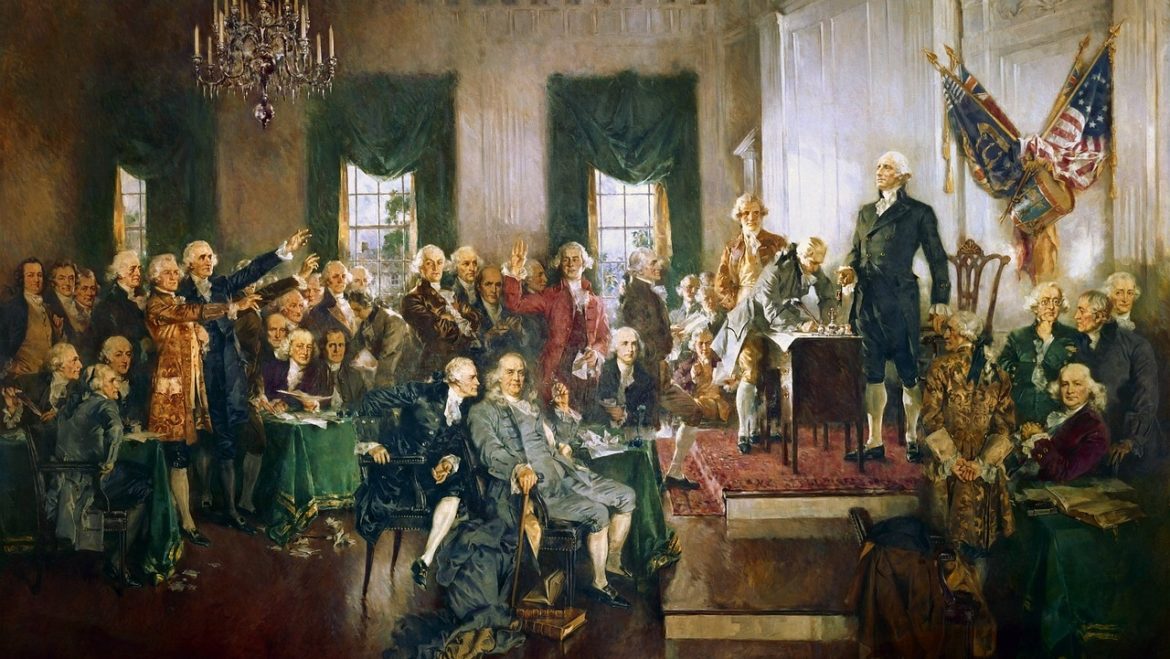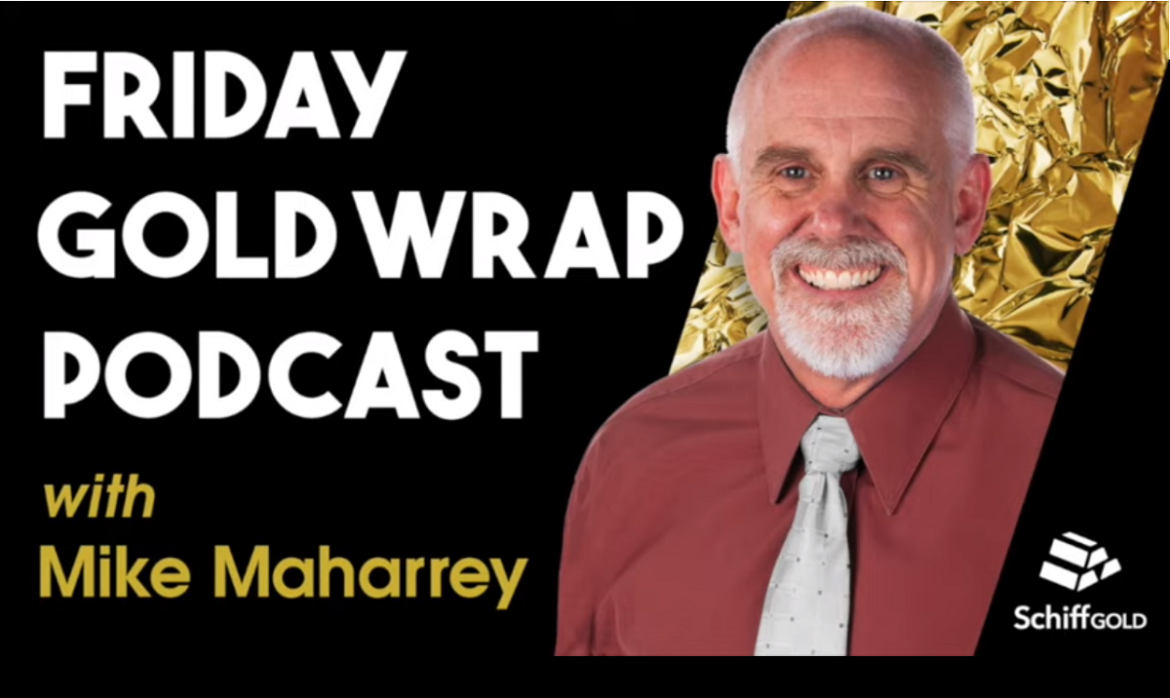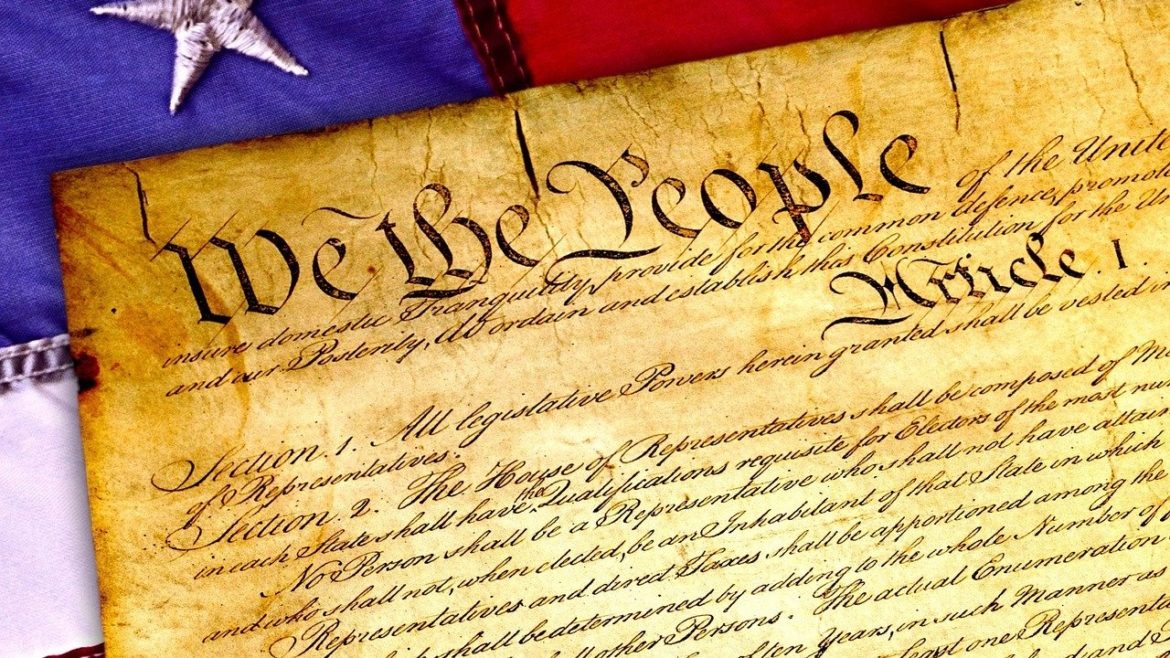Today we celebrate insurrection.
No. I don’t mean the fake Jan. 6, 2021, “insurrection.” I’m talking about the bonafide insurrection staged by American colonists against the British government.
We call July 4 “Independence Day.” But the British called it an act of rebellion.
The federal government lacks any legitimate constitutional authority to establish welfare programs for the poor. Not only that, the federal welfare system fails in its promise to “help the poor” out of poverty.
Today is Constitution Day.
We’re supposed to be celebrating the day the Constitution was signed and presented to the states for ratification. But it’s pretty hard to celebrate because the Constitution is dead.
Will the Federal Reserve tighten monetary policy to fight inflation? Or will it keep its loose monetary policy in place to support the fake recovery? The central bank has a profound influence on the economy, for better or for worse. But should the Federal Reserve even exist? In this episode of the Friday Gold Wrap, host Mike Maharrey argues that it shouldn’t – not if you follow the original meaning of the Constitution. He makes his case with an interesting history lesson on the creation of the First Bank of the United States.
Talk of hiking the minimum wage at the national level has ramped up in recent weeks. With the Democrats controlling the House and the Senate, and Joe Biden in the White House, it seems increasingly likely that we’ll soon see a federal $15 per hour minimum.
In other words, it may soon be illegal to take a job that pays less than $15 an hour.
What can we do when the federal government exceeds its constitutional authority? Thomas Jefferson answered that question in 1798. He said, “nullification is the rightful remedy.” But what in the world is nullification? And how do you do it?



